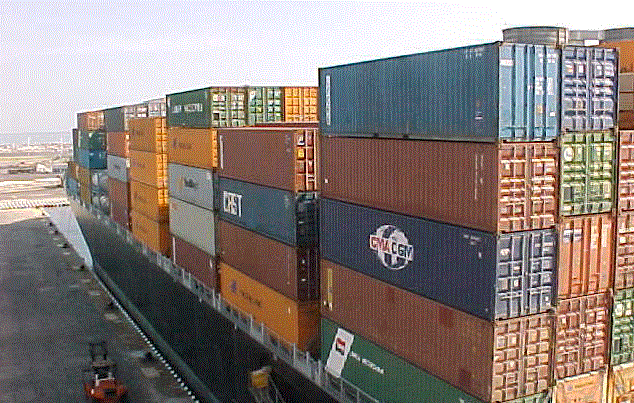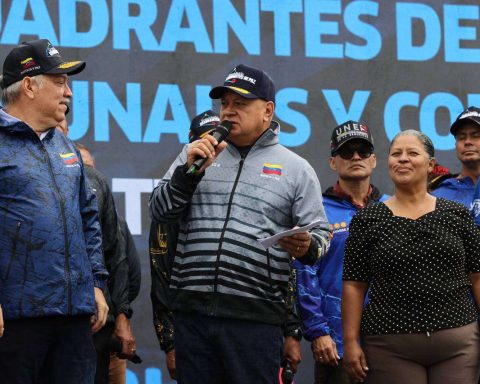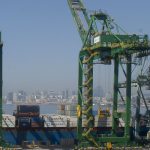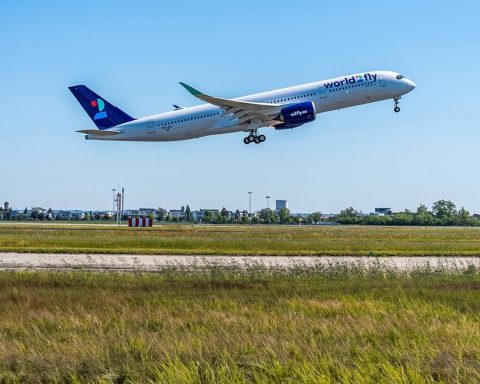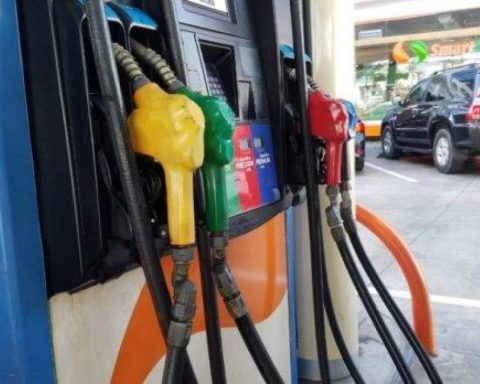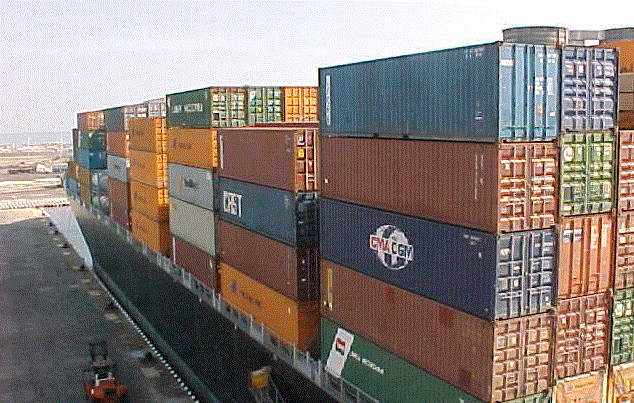
The bread and pasta on the Venezuelan table could begin to be lacking due to Russia’s invasion of Ukraine. The consequences of this conflict are beginning to affect the most distant countries in areas as sensitive as the availability of essential goods. This is the case of wheat. To think that the new oil prices will safeguard us from such a crisis is no more than wishful thinking, but that is the subject of another analysis.
When Vladimir Putin sent missiles and troops into Ukraine, world wheat prices hit record highs. With two of the biggest exporters in conflict, a third of the world’s wheat trade will be severely affected. The scarcity, in the first place, and the increase in prices, in the best of scenarios, will reach all the countries of the world.
One only has to examine our eating habits to understand how, with a very low production of wheat and an annual import that amounted to 1,100,000 tons before the pandemic, one of the first to be penalized will be Venezuelans. Today, when we are importing barely 800,000 tons due to the fall in Venezuelan demand, each household will suffer the consequence of the disappearance of flour from the markets and its increase in price. Venezuela is second in the list of the largest consumers of pasta per capita on the planet, just behind Italy.
Without having anything to do with the origin of the war started by Russia in Ukraine, thousands of kilometers away, this fact will highlight, once again, the damage caused to Venezuelans by the non-existence of a policy of food self-sufficiency, aggravated with an import policy that does no good to our incipient national production in more than one field. All this is seasoned by an absolutely anarchic dollarization, officially boosted, which leads us to an illusion of prosperity similar to that of the Cadivi times. Who does not remember the days when that same overvaluation of the exchange rate led the average Venezuelan to spend by two or three, unleashing a fiction of prosperity originating, as now, in the overvaluation of the exchange rate? We have fallen prey to an easy approach that has led us to consume wheat as if we were a producing country.
Not distant history tells us of a self-sufficient Venezuela in the production of corn, rice, coffee and other items, to the point of turning it into an exporter of several of them. Today we are not. What is seen is the lack of the key conditions for production and its progressive deterioration. Port agriculture has placed other products on the table, but has made our food self-sufficiency increasingly distant. The FAO-UN Early Warning Report on Food Security and Agriculture from March of last year places Venezuela among the 25 countries at risk of exacerbating this insecurity.
Food independence in our country is not a policy but a discourse. The sensible thing is to assume it as a long-range national objective, which would allow, over time, to ensure the supply of food to meet the needs of the population, protect the country against the ups and downs of international trade, generate an organic system that considers not only food production, but its industrial transformation and marketing. And, of course, safeguard ourselves from global crises like the one of these times.
Today we barely have perverse measures designed to encourage imports, which gives rise to an illusion of supply. It is the fiction that is manifested through the culture of still lifes that leads so many to affirm that in this new Venezuela “everything is found” and to create a false sensation of abundance. Production continues to be strangled, exposing it to inclement and fierce competition. The open door to 7,000 items that enter without tariffs and without VAT can fill the supermarket shelves, but it threatens the production of all kinds of goods and their transformation within the country.
Archive
